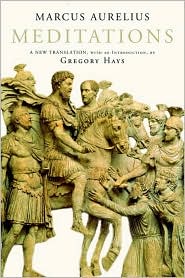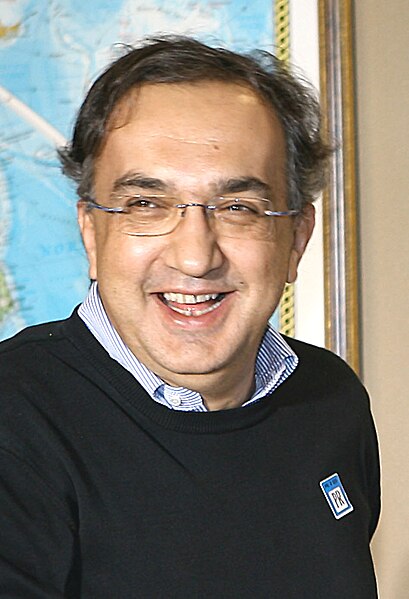
Okay, Silvio
Berlusconi’s statement that he is against “the Left’s idea” of a “multi-ethnic Italy,” besides being erroneous (actually, like it or not, Italy is already a multi-ethnic country), is a bit harsh, and yet it is apparently coherent, since his center-right coalition, which includes the anti-immigrants Northern League, made immigration and security its main platform in last year’s general election.
It is also true that, as
Financial Times puts it, in spite of the (presumed) “damage to Italy’s image abroad,” Berlusconi knows that this policy is a vote-winner at home in next month’s European and local elections.
What I can’t agree with is that Berlusconi’s remarks are “
racist,” as the center-left opposition says, while it is a bit more understandable that Monsignor Mariano Crociata, secretary of the Italian Bishops Conference (CEI), defended multiculturalism—which in his opinion already exists in Italy—as a “value.”
Yet, even though one might wonder what else the Church should say, I might object that perhaps Monsignor Crociata should have said “multi-ethnicism” instead of “multiculturalism,” in the light, for instance, of the failure of Britain’s multicultural model of integration.
Similarly, Berlusconi should have made use of the expression “a multicultural Italy,” which is in fact a “lefty” (and highly debatable) idea, instead of that he actually made use of (“a multi-ethnic Italy”). In other words, once again Berlusconi spoke worse than he thought, as much as, perhaps, just once in a while the Church spoke badly and thought worse…
And now let me say one more thing.
Not that I have any wish to look after
this, but I guess I have to say a few words about it. In a way—without grossly overestimating my own skills and “influence,” but simply on behalf of intellectual honesty—I owe it to my readers to let them know what I think.
Well, I must say that I do not feel comfortable about the Italian prime minister’s private life issues, whatever might have actually happened in the circumstance at hand—which we will probably never know with any great degree of certainty—and regardless of whether or not Berlusconi did anything illegal or unethical. I haven’t ever liked
his lifestyle, nor have I ever been a fan of him, his behavioral exuberance, so to speak, and verbal spontaneity included. Nevertheless I voted for him and, what is more, I would vote for him again. And this for the simple reason that should I base my own political choices on primarily ethical grounds, I mean, not so much “public ethics” but “private ethics,” that is on the grounds of what I might consider basic standards of “decent” individual behavior, attitude and coherent concept of the world (with regard to sexual relationships, for instance), I would likely be forced to renounce to exercise my right to vote.
That’s why I usually prefer to consider other (and more easy to be satisfied) parameters, such as immigration and security policies, bioethics, efficiency and effectiveness of public administration, and fiscal policies, to mention just a few. Which, as things stand, inevitably leads me to be rather (and happily) conservative. Which means, like it or not, to be pro Sarkozy if you live in France, pro Berlusconi if you live in Italy, etc., without necessarily being a Sarkozist or a Berlusconist.
So, please, don’t call me a Berlusconist…
 “ There is in every man a determination of character to a peculiar end, counteracted often by unfavorable fortune, but more apparent the more he is left at liberty. This is called his genius, or nature, or his turn of mind. The object of Education should be to remove all obstructions & let this natural force have free play & exhibit its peculiar product. It seems to be true that no man in this is deluded. This determination of his character is to something in nature; something real. This object is called his Idea. It is that which rules his most advised actions, those especially that are most his, & is most distinctly discerned by him in those days or moments when he derives the sincerest satisfaction from his life.”
“ There is in every man a determination of character to a peculiar end, counteracted often by unfavorable fortune, but more apparent the more he is left at liberty. This is called his genius, or nature, or his turn of mind. The object of Education should be to remove all obstructions & let this natural force have free play & exhibit its peculiar product. It seems to be true that no man in this is deluded. This determination of his character is to something in nature; something real. This object is called his Idea. It is that which rules his most advised actions, those especially that are most his, & is most distinctly discerned by him in those days or moments when he derives the sincerest satisfaction from his life.”















